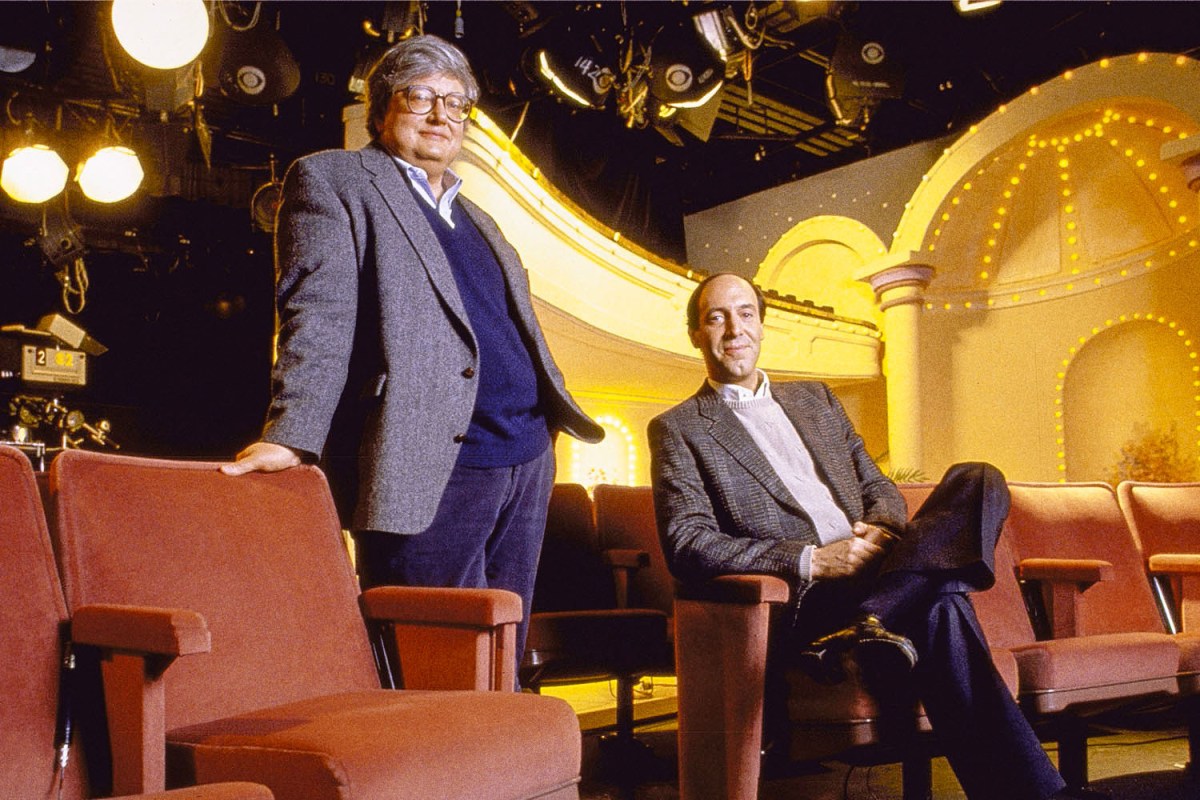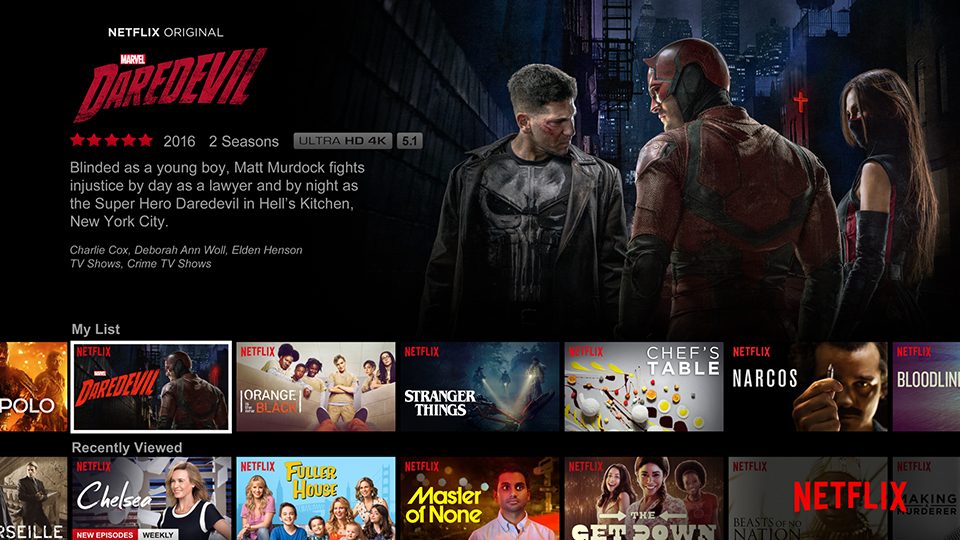In the PG-rated 1993 film Cop and a Half, Burt Reynolds portrays a curmudgeonly police officer who’s seen it all … almost. Despite his protest, Reynolds’s no-nonsense detective is tasked with babysitting an eight-year-old boy while on the job. He has to show him the ropes so that the kid, who’d witnessed a mafia hit, will finger the offender. The boy’s biggest dream in life is to become a cop, and he seizes the opportunity when it presents itself by blackmailing the police force into a ride-along. Hijinks ensue, and the kid’s meddlesome ways torture Reynolds’s character. He wants to catch the bad guys; the boy just wants to have fun.
It’s David vs. Goliath, directed by “The Fonz” himself: Henry Winkler. In spite of earning more than $26 million in profit for its producers and spawning a 2017 spinoff starring Lou Diamond Phillips, Cop and a Half holds a pitiful score of 14 percent on Rotten Tomatoes’ Tomatometer.
Critics hated it. With one shocking exception.
Roger Ebert, already a legendary film critic who’d won a Pulitzer Prize, said upon its release that Cop and a Half was “amusing” and that it “moves.” He also praised the performances of Reynolds and Norman D. Golden II, as the titular “Half.”
“Somewhat to my surprise, I liked it,” he said, concluding his onscreen TV review.
Ebert then turned away from his lens and faced his broadcast partner, Gene Siskel, a highly respected film critic in his own right, to hear his remarks.
“Wowee,” the fellow Midwesterner Siskel began, gobsmacked by Ebert’s upbeat take. Through syncopated crosstalk, Siskel panned the performances, insisting there was no chemistry between Reynolds and Golden II, who he said seemed to be “looking for his lines.”
“Gee, I thought it was dumb,” Siskel added about the movie as a whole. “Not colorful whatsoever.”
Barbed disagreements like this one — though it was hardly contained to a single exchange — helped keep Siskel and Ebert on the air, together, for the better part of a quarter century. Beginning in 1975, Gene Siskel, a Chicago Tribune reviewer, teamed up with Roger Ebert, critic at the Chicago Sun-Times, for a series of television programs that pitted the local newspaper rivals against each other, thereby providing audiences with distinctive, nuanced but uniformly astute observations on feature films. It was Goliath vs. Goliath, and the legacy of these programs, as well as the personalities of the cohosts, is the subject of a compelling new audio documentary series, Gene and Roger.
“It’s funny that the movies that got the most heated disagreements [between them] are these movies that are not incredibly culturally significant films in the grand scheme of things,” says Brian Raftery, 45, the creator and host of Gene and Roger.
A journalist who’s covered film since his college days, Raftery pitched the podcast to The Ringer, the popular sports and culture publication. Upon getting the greenlight in early 2020, Raftery willingly marooned himself on Siskel and Ebert Island. He combed through hundreds of clips from the duo’s four different TV shows, as well as archives of their respective columns and other articles written about them through the final few decades of the 20th century and beyond. The initial uncertainty that came with the pandemic shut down pre-production for three months, which gave Raftery time to dig even deeper into the history of his subjects — once he got his kids connected to Zoom for school.
“I think everyone in the house is very happy that I’m no longer watching Siskel and Ebert all day,” Raftery says wryly.
One of the most “fun” battles between Siskel and Ebert that Raftery watched — and certainly rewatched again and again — is their 1985 review of Rocky IV. Things actually got physical between them, with Siskel grabbing Ebert’s pointing finger out of frustration.
This time, it was Siskel praising the film, calling it “a great hour and a half to eat popcorn by.”
Ebert was beside himself. “This movie is the bottom of the barrel,” he said, waving his arms in disgust. “This movie is absolutely formula, it is predictable, it is uninspired, and it is not exciting.”
Along with Siskel’s invasion of personal space, Raftery loved Siskel’s repeated injection of “no” each time Ebert completed a thought during the review — “still letting him talk,” Raftery notes, “but just punctuating everything he says.” It was a primary reason why Raftery chose the clip to kick off Episode One of the podcast.
But as enjoyable as it is to go down the rabbit hole of Siskel and Ebert’s most memorable sparring sessions — here’s another classic spat about Eddie Murphy’s Raw — Gene and Roger flies high above that dimension of their collaborative efforts.
“They actually agreed a lot more than people remember,” Raftery says. “When they did disagree, it was very smart and it was heated, but it was also civil.”
Raftery began watching the Siskel and Ebert programs when he was in grade school. He says the pair taught him “not just how to think about movies, but how to talk with others about things you love or things you hate without becoming a complete jerk about it.”
One way Siskel and Ebert communicated their feelings about a film was through their “Thumbs up/Thumbs down” rating scale, which they trademarked during their dual rise toward cultural-icon status. Raftery says when Siskel and Ebert launched the gimmick, it was “controversial,” because other critics and filmmakers didn’t appreciate the reduction of painstakingly crafted artwork into a simple binary. However, as Raftery points out, Siskel and Ebert’s expanded, expert insights were always available in their talks on TV, as well as in their newspaper columns.
Regardless, “Thumbs up/Thumbs down” became ubiquitous and, Raftery says, “had a huge impact” on their popularity. “It was useful,” he asserts. “People need guides.”
That remains true to this day, as Siskel and Ebert — along with their thumbs — are still relied upon for film criticism by people who may not have even been born the last time they filed a TV review in tandem. Siskel died in 1999, at the age of 53, due to complications from brain cancer. Ebert succumbed to various cancers at the age of 70 in 2013. But on internet forums like the Reddit page r/movies, users frequently embed Siskel and Ebert video clips that have made their way onto YouTube. (Raftery reports that during pandemic lockdowns, the number of Siskel and Ebert episode uploads to YouTube exploded.) Some Reddit users who appear to be Millennial- or Gen Z-aged cite Siskel and Ebert analysis in their own critiques while warring with other commenters.
Raftery presumes they’re of a more junior generation because they seem to be discovering canonical films like The Goonies for the first time. “There’s a certain hysteria and love for discovering ’80s and ’90s movies … that’s all over that thread,” Raftery says, referring to r/movies.
Twitter also serves as a hub for Siskel and Ebert clips, with their dissenting reviews of features such as Home Alone 3 — which Raftery notes is “a movie very young people care about,” but he doesn’t “remember existing” — sometimes going viral.
The capacity for Siskel and Ebert’s broadcasts to endure beyond the grave is a testament to their deep knowledge of filmmaking and film history, their wit and gift for gab, and the fluid dynamics of their relationship, which Raftery explores in Gene and Roger to the best of his ability. He says “the biggest challenge of the show” was finding an answer to the query that has followed Siskel and Ebert around both in life and death: “Did those two guys really hate each other?”
“The ‘did they or did they not get along’ question is the big question,” he says. “But it’s also one that you can’t answer without Gene and Roger.”
Their time spent together was so extensive, spanning different stages of their lives, including marriages and child births, Raftery says, that there’s no clear-cut way to sum it up. They never exactly gave each other a thumbs up or a thumbs down, though each had bashed the other publicly, to some extent, numerous times. Seemingly always, though, it was with tongue inching into cheek.
“I think by the end a begrudging respect turned to respect,” Raftery says of the pair.
The combative dynamic between them may have never manifested more conspicuously or continuously than in their epic tussle over Cop and a Half.
Toward the end of the same 1993 episode, Siskel introduced their home video recommendation for the week, Paper Moon, a Peter Bogdonavich movie that also features a pint-sized star who repeatedly gives the business to an elder.
“Coming up,” Siskel said to begin the bumper, “a better child-adult adventure film than Cop and a Half — it couldn’t be worse.”
By the end of 1993, Siskel had named Cop and a Half the worst film of the year, and in 1996, Siskel threw another jab at Ebert during their review of Broken Arrow. In what may have been a singular event, Siskel changed his thumbs-up rating of the latter film to a thumbs down, putting himself in agreement with Ebert.
“I’m changing my pick,” Siskel said to Ebert, with no hint of sheepishness. “Now do me one favor, look in the camera and say, ‘I was wrong about Cop and a Half.’”
“No, I won’t do that,” Ebert said, again sparking a humored outrage in Siskel, who exclaimed “What!?” upon hearing the non-reversal.
The two then discussed Broken Arrow on the Late Show with David Letterman (at the 36:10 mark here). Siskel admitted to changing his mind for the first time on his program, with Ebert confirming his doubts about the film. Siskel then once again brought up Ebert’s thumbs up for Cop and a Half and chastised his partner for being “totally insecure” over his refusal to reassess the film.
The discord literally followed Siskel and Ebert to their graves.
In the USA Today obituary for Ebert, writer Jim Cheng quoted him as saying once: “Gene didn’t like Apocalypse Now, and I was appalled. I liked Cop and a Half, and Gene was appalled.”
This article appeared in an InsideHook newsletter. Sign up for free to get more on travel, wellness, style, drinking, and culture.






















